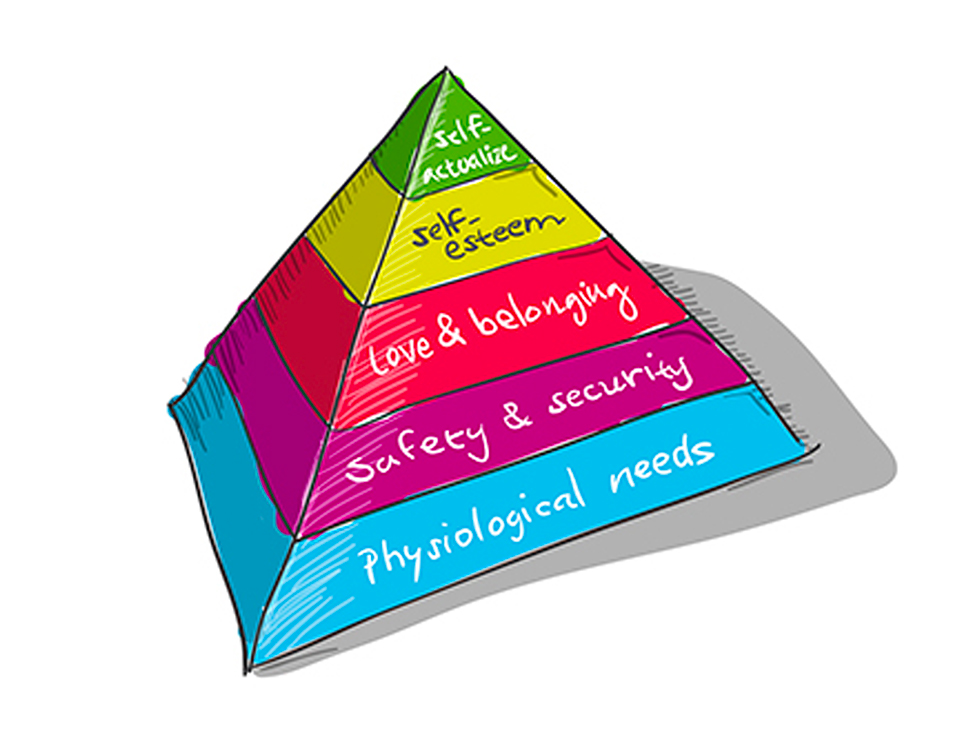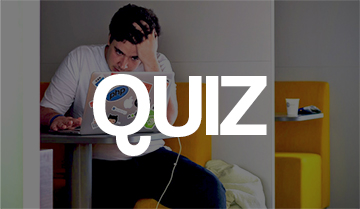MyPath 201
Thanks for joining MyPath101!
Complete the modules to create your iDentity Profile. When done, email your iDentity Profile to your guidance counselor, parent, or anyone else helping you by going here.
view/update my profile
Lesson Header Section
15. Getting What You Need: Identifying Which of Your Needs Are—and Aren’t—Being Met in College
You are unauthorized to view this page.
Lesson Footer Section













